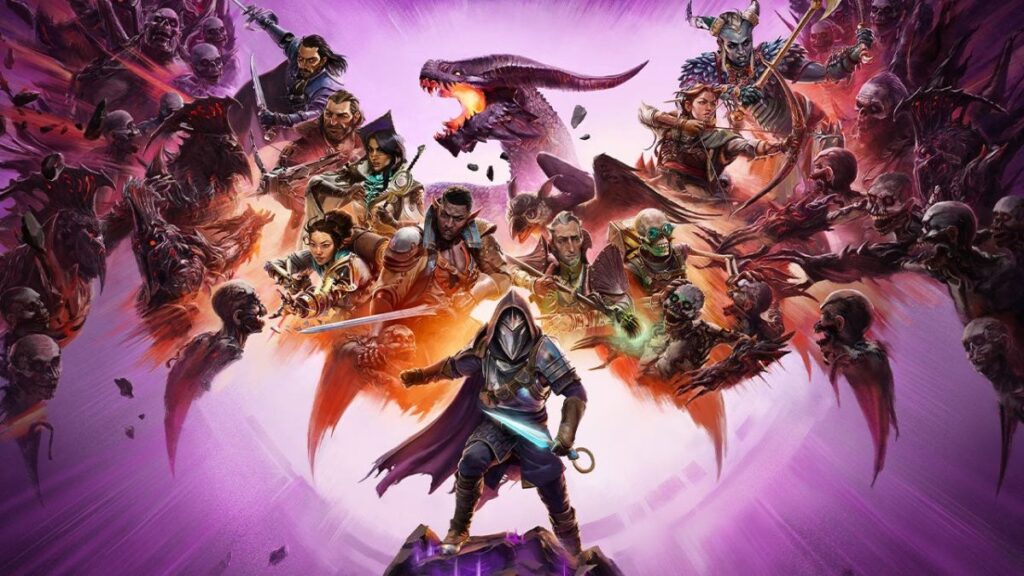Oh, look, Jason Schreier has gone and done a journalism again! Yes, the gaming industries greatest knower of things the gaming industry wished he didn’t know has been hard at work, this time lifting the lid on Dragon Age: The Veilguard.
Now, Schreier has penned an article largely confirming what had been assumed via years of leaks and rumours: The Veilguard’s developement was a disaster, most of which stemmed from it being pivoted back from a live-service multiplayer title to a singleplayer RPG.
“According to interviews with nearly two dozen people who worked on Dragon Age: The Veilguard, there were several reasons behind its failure, including marketing misfires, poor word of mouth and a 10-year gap since the previous title.” Schreier says.
Much of the article lays the groundwork, going over the inception of Dragon Age: The Veilguard and speaking about EA’s infatuation with live-service games such as Destiny.
In 2017, EA made the call to pivot the next Dragon Age to a live-service game. The announcement to the rest of the Bioware team was made by Mike Laidlaw, who brought in bottles of whiskey and informed them they he was leaving Bioware.
Eventually EA’s live-service love soured and The Veilguard was flipped back to being a singleplayer RPG. But instead of binning what they had and designing the next Dragon Age from the ground up, the team was told to “change the game’s fundamental structure and recast the entire story on the fly”.
It gets worse, though: “They were given a year and a half to finish and told to aim for as wide a market as possible.”
The team thought they had just one year to get the game out of the door, not nearly enough time to do much of anything. But each time the game would be delayed by a few months. It wouldn’t be enough time to evaluate or go back and improve what they had already done, so they just had to keep moving forward.
According to Schreier, alpha testing in 2022 showed that the biggest issue was a lack of choice and consequence. Sources told him, though, that the game’s multiplayer beginnings didn’t allow for those kinds of choices. So it was delayed again while the “team shoehorned in a few major decisions, such as which of two cities to save from a dragon attack.”
Apparently, another internal team, which had been working on Mass Effect, was brought in to help out. Schreier paints a picture, one in which Mass Effect’s development is going smoothly and where EA agrees to every demand the team makes.
The Mass Effect team allegedly told the Dragon Age team to ditch the snarky tone which was falling out of favour. Forspoken was pointed at as being an example of people turning against the quippy, snarky writing style. A rewrite was attempted in order to make story feel more serious, but as Schreier pointed out, “the resulting tonal inconsistencies would only add to the game’s poor reception with fans.”
You got that right, Jason.
The Veilguard launched to middling reviews, but it quickly became apparent that it wasn’t doing so well with players. EA would eventually reveal that it had only reached 1.5m players (sales were not disclosed), and, just 6 months after release, it was given away as a PlayStation Extra monthly game. Problems cited included weak writing, boring characters and so-so gameplay.
The Veilguard’s failure to meet EA’s inflated expectations was yet another blow to the massive publisher, which also recently cancelled its Black Panther game and shuttered the studio making it.


